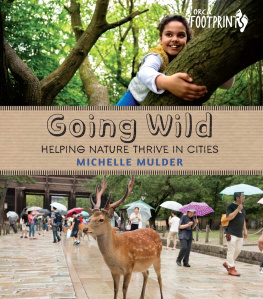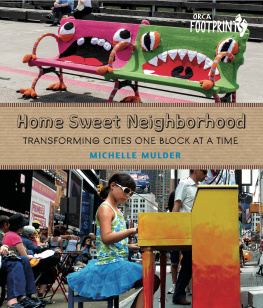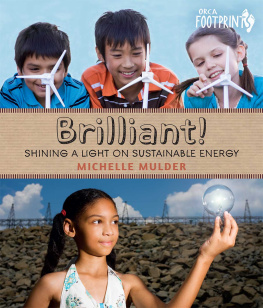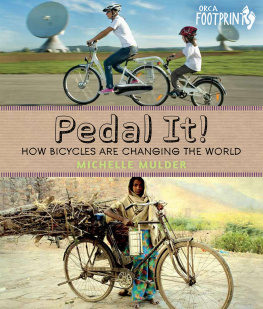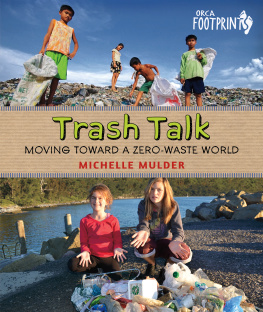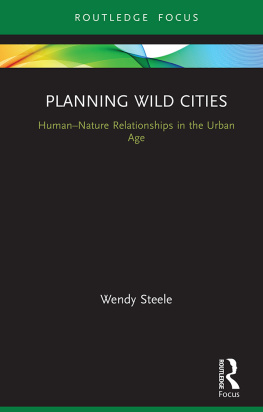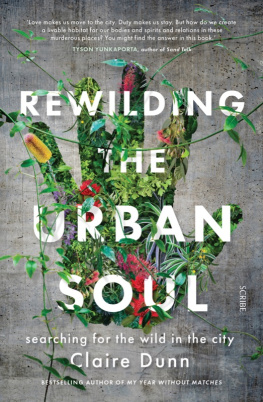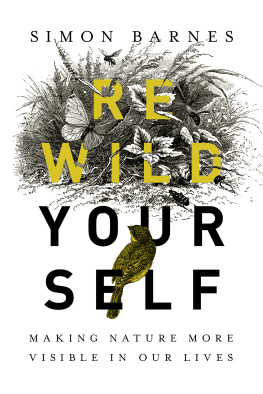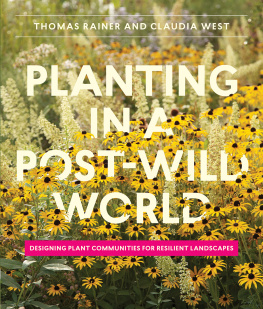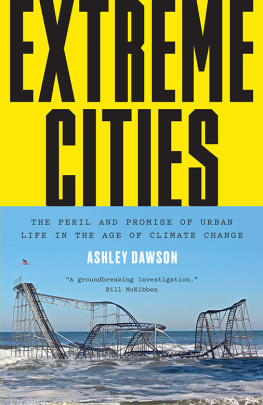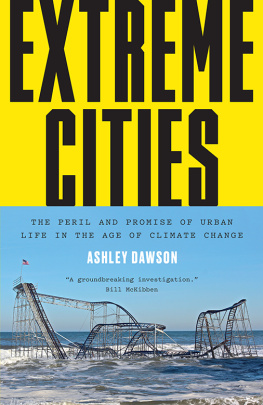Index
Page numbers in bold indicate an image; there may also be text related to the same topic on that page
Page numbers refer to print edition
activities, outdoor: classrooms,
adaptability,
agriculture. See farming
air, clean,
animals: antelope,
Antarctica,
antelope,
arctic hare,
attracting native species,
automobiles. See cars
badgers,
balance, city/nature,
Bat Conservation International,
bat houses,
bats,
beaches, ,
bears,
beavers,
bee boles,
bees,
berries, ,
bicycles,
biodiversity,
birds,
blackberries, ,
boars,
bogs. See wetlands
Brooklands School,
bubonic plague (Black Death),
butterflies,
camas flowers,
carnivores,
cars,
castles,
caterpillars,
Central Park, New York City,
Centers for Disease Control and Prevention Association,
child labor,
China,
cities: ancient,
citizen scientist projects,
cockroaches,
community seed stations,
commuting,
compost,
concrete jungle,
Congress Avenue Bridge,
conservation: nature,
cougars,
coyotes,
Cree people,
cycles: of life,
cyclists,
dandelions,
deer,
Dene cultural winter camp,
Depave Paradise,
depaving,
disease,
dovecotes,
Earth,
ecosystems: creating new, . See also plants: native
Egyptians,
elk,
engineers,
England,
English ivy,
factories,
family, ,
farming,
fertilizer,
fish,
fishing,
fleas,
flooding,
flowers: camas, ; clover,
food: breakfast,
foraging,
forests,
foxes,
friends, ,
Friends of Nature (Sahabat Alam),
frogs,
fuel,
garbage,
gardens,
genetic modification,
ginkgo trees,
global warming,
goats,
governments,
grass, . See also lawns
grizzly bears,
growing food,
habitat, natural,
habitecture,
hauling goods, . See also transportation
hawks,
health, human, ,
health of the planet,
health organizations,
highways,
honesty flowers,
honeybees,
houses: for animals,
hunger,
hunting,
hurricanes,
income,
Indigenous people,
Industrial Revolution,
industrial wastelands,
insects,
introduced species,
inventions,
Jardins neighborhood, So Paulo,
jobs/work,
Kendler, Jenny (artist),
landfill,
lawn mowers,
lawns, . See also grass
laws,
litter. See garbage
London, England,
mangroves,
marshes. See wetlands
martens,
mason bees,
Mayan cities,
meadows, ,
medieval Europe,
Mexican free-tailed bats,
microorganisms,
miners lettuce,
monkeys,
mosquitoes,
Mycobacterium vaccae,
National Recreation and Park Association,
Native people. See Indigenous people
native species: animals,
nature: as resource,
neighborhoods: citizen science projects,
nests,
New York,
nomads,
oak trees,
Orca whales,
otters,
outdoor activities: classrooms,
owls,
pace of life,
Pakistan,
parks,
Parks Canada,
pavement, . See also rewilding
pest control,
pesticide,
picnics,
pigeons,
p.i.n.e. project, nature club,
planes,
plants: blackberries, , . See also flowers
playgrounds,
playing,
pollen,
pollinators,
pollution,
predators,
products,
protests,
rabbits,
racoons,
rattlesnakes,
rats,
raw materials, . See also resources, natural
relaxation, in nature,
residential schools,
resources, natural, . See also raw materials
rewilding,
ReWilding New York: Community Seed Stations project,
roads, maintenance of,
Sahabat Alam (Friends of Nature),
Saturna Ecological Education Centre,
Schieffelin, Eugene,
schools: outdoor classrooms,
scientists,
seeds,
settlements,
shelter: building,
sidewalk safari,
slaves,
snakes,
soil,
squirrels,
starlings,
steam engine,
stress, human, . See also health: human
survival: in cities,
Suwana, Adeline Tiffanie,
thimbleberries,
Thriving Roots Wilderness School,
tide pools,
trade,
transportation,
trees: bicycle in,
tsunamis,
turtles,
upcycling,
urban: bat colony,
vermicomposter,
water: cleaning,
Watt, James (inventor),
wetlands,
wheels: carriage,
wilderness corridors,
wilderness, fear of,
wildflowers,
wildlife,
worms,
Glossary
biodiversity the variety of species found in a particular ecosystem
bubonic plague bacterial infection outbreaks in the 1300s and 1600s that killed about one fifth of the worlds human population
carnivore any creature that eats meat
coltan a dull black metallic ore used in the production of cell phones and other electronics
commute a regular journey to and from ones place of work
concrete jungle an expression to describe a place made mostly of concrete or similar materials, especially one that lacks plants
conservation officer law enforcers who are responsible for protecting the environment and making sure that an areas natural resources are used wisely and responsibly
ecosystem a complex system in which everything that exists in a particular environment relies on the other parts of that environment in some way
engineer a designer or builder of materials, structures and systems
feral an animal or plant that has not been domesticated or cultivated
genetically modified a plant, animal, or other life form that is different from its ancestors because humans have changed its genes (parts of the cells that control the living things appearance and growth)
global warming a gradual increase in the average temperature of the Earths atmosphere and its oceans, which is believed to be permanently changing the Earths climate
habitecture human-made structures built to house wild creatures
Industrial Revolution the shift to new manufacturing processes where machines made products that people had always made by hand; the shift took place from 1760 to sometime between 1820 and 1840
introduced species plants or animals, brought in from somewhere else, that can crowd out the plants and animals that are native to a place
microorganism an organism too small to see without a microscope, especially a bacterium, virus or fungus
native plants or animals living or growing naturally in a particular region
nomad a member of a community of people who live in different locations, moving from one place to another
obesity a condition where a person has so much body fat that it might have a negative effect on their health
pesticide a poison that is used to kill insects and weeds
pollinator an insect or other animal that carries pollen from one plant to another
predator an animal that naturally preys on others
protest a statement or action showing that people disapprove of or object to something
resource material, energy, service, staff or knowledge used to make a product
rewilding to return the land to its natural state, full of local native species
upcycling the process of transforming waste materials, useless or unwanted products into new materials or products; also known as creative reuse

